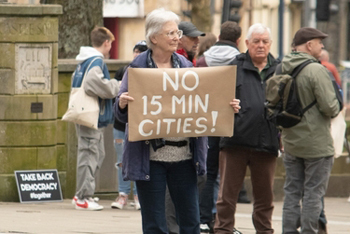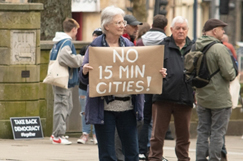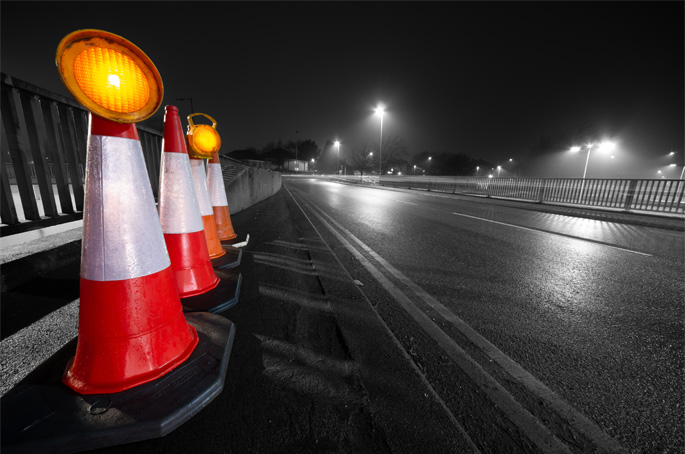Civil servants are battling to explain to ministers that concepts like '15-minute cities', said to restrict people's ability to go shopping, ‘don't really exist', a top Department for Transport (DfT) official has revealed.
Ministers have recently announced plans to push back against local authority road safety and traffic reduction measures, including the launch of the DfT's new Plan for Drivers, billed as ‘a new 30-point plan to support people's freedom to use their cars and curb over-zealous enforcement measures'.

The DfT described ‘so called 15-minute cities' as an example of ‘schemes which aggressively restrict where people can drive' and said the Government aimed to stop councils from implementing them.
It cited Oxford as somewhere the concept had been introduced. The city council has floated the idea – as a planning policy that seeks to provide amenities locally – however, it is not clear this is behind any of the traffic restrictions implemented by Oxfordshire County Council.
On Monday, transport secretary Mark Harper told the Conservative Party that ‘what we shouldn't tolerate is the idea that local councils can decide how often you go to the shops'.
However, speaking at the ADEPT National Traffic Managers' Conference on Thursday, Anthony Ferguson, head of traffic and technology at the DfT, said that while some elements of the Plan for Drivers were a continuation of existing work, the most ‘acutely political' elements such as the review of low traffic neighbourhoods presented a ‘bigger challenge'.
He said: ‘There is a danger it is so political that we're finding it difficult to get back down to a review of a thing that you do, which is a traffic management restriction.
‘And one point we have been trying to make to ministers and be as clear as we can is that a low traffic neighbourhood is not actually really a thing. It's just a title. We need to get down to the specifics of what we actually mean.'
He added: 'I think this even more so if you read the couple of paragraphs in there about 15-minute cities, because that's really an even more extreme version of something that doesn't really exist.'
































